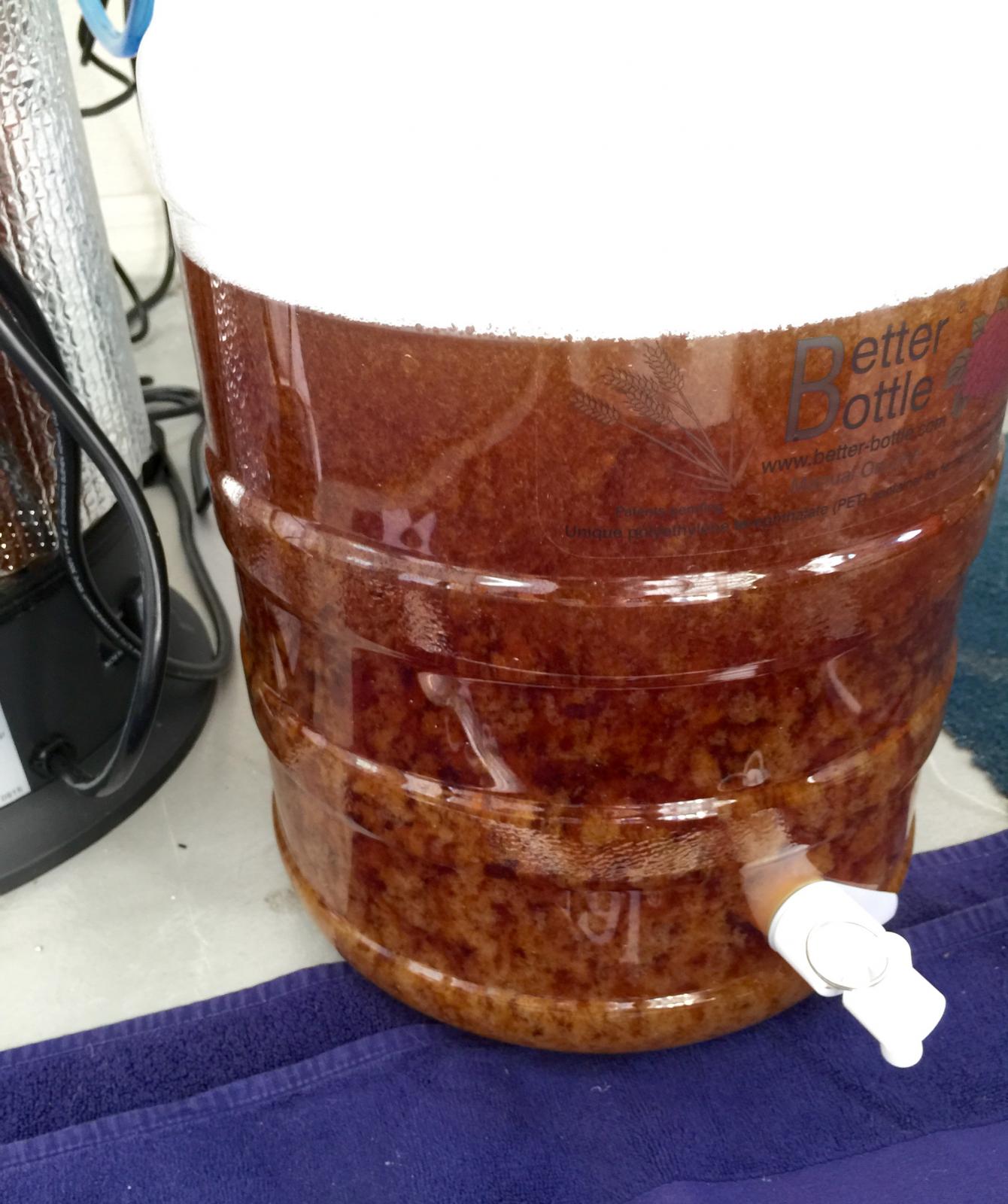Likely the check valve clogged on you. Open it up and check it out. I believe Seabrew runs his without it in place (just be careful if you do). This bit of info saved me the other day, as I ran a brew without my basket and it was slow. Removed the valve (it was somewhat clogged) and instant improvement. Congrats on the first brew and best of luck with next ones
It was clogged thanks. What are the downsides to removing the check?








































![Craft A Brew - Safale BE-256 Yeast - Fermentis - Belgian Ale Dry Yeast - For Belgian & Strong Ales - Ingredients for Home Brewing - Beer Making Supplies - [3 Pack]](https://m.media-amazon.com/images/I/51bcKEwQmWL._SL500_.jpg)


















